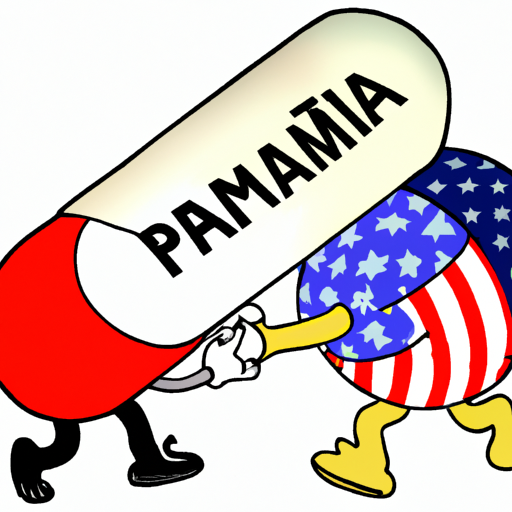The U.S. has started to incrementally increase its tariffs on pharmaceutical products. This move, regarded as another cog in the wheel of U.S.-Japan trade frictions, has begun to spark debates on global trade and economic policies. While the timeline and scale of the tariff increase remain unclear, this decision could potentially have significant effects on Japan's pharmaceutical industry and health sector, in addition to the global economic landscape.
Healthcare and medical expenses are major concerns for Japan, known for its aging demographic. Any increase in pharmaceutical tariffs poses potential financial strain on healthcare providers and patients. Furthermore, Japan has always relied heavily on imported U.S. drugs, thus any disruption in trade agreements could lead to supply chain difficulties and increased medicine prices.
In the U.S. or EU, domestic production of pharmaceuticals is higher, and they rely less on imported drugs. Consequently, tariff changes on imported drugs could have less of an impact overall, compared to a nation like Japan. The cultural and political emphasis on public health care varies greatly as well; such decisions can spur heated debates.

